Dr Leach gave details of the timeline at the LARAC Conference in Birmingham on 5 October, adding that getting the responses out was an “absolute priority for Defra”.
The reforms come under Defra’s Resources and Waste Strategy, which Dr Leach said was “one of the most ambitious strategies since the early 2000s”. Together with extended producer responsibility for packaging (EPR), the policies are now referred to as the collection and packaging reforms (CPR).
Dr Leach also confirmed that, alongside its response to the consultation on consistency in recycling in England, Defra will publish statutory documents setting out detailed proposals expected to cover both household and business waste.
It is understood that the documents are likely to confirm proposals around topics such as the frequency of waste collections and how future rules around new technically, environmentally and economically practicable (TEEP) assessments might work.
Consistency
Dr Leach outlined that, when implemented, consistency in collections will make it easier for households and businesses in England to recycle by reducing confusion over what can and cannot be recycled. “We’re hoping that it will increase participation and reduce contamination,” she noted.
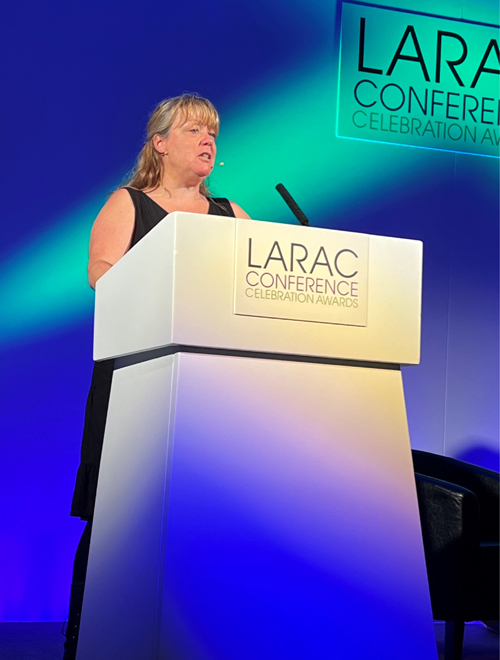
Mandated separate collections of material will see many local authorities need to carry out an assessment of whether the implementation of the legislation is ‘technically, environmentally and economically practicable’ for them.
Dr Leach said: “We understand that making the TEEP assessment can be quite daunting, so we do intend to consult on statutory guidance that will define and exemplify TEEP, with WRAP developing a tool that should help everyone make that assessment.”
Additionally, Dr Leach highlighted that once the government’s response to the DRS consultation is released, “the Defra team are super keen to engage with local authorities as they move into the phase of implementation.”
EPR
The government response to the EPR reform, which will see producers responsible for the packaging they place on the market, was published in March this year (see letsrecycle.com story).
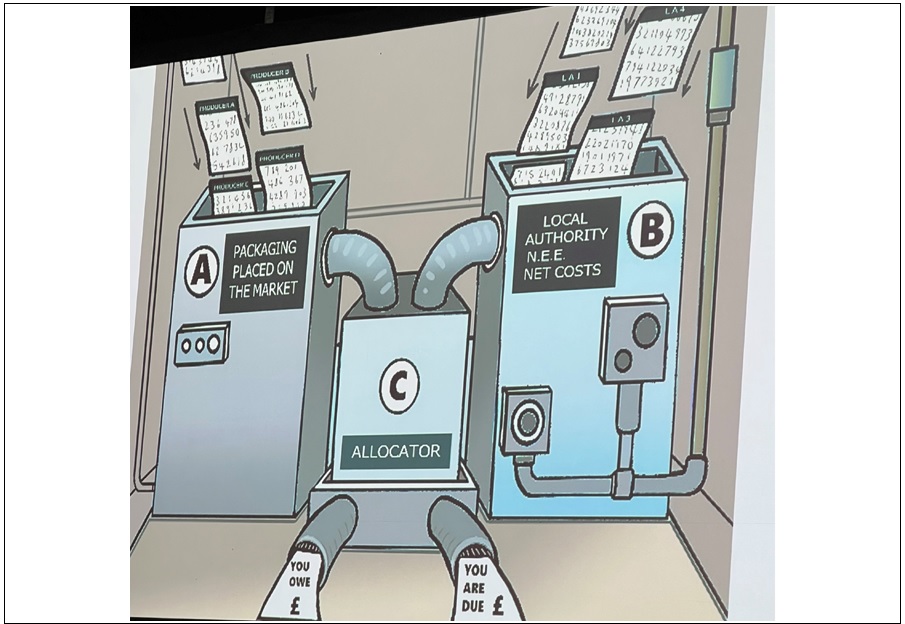
Dr Leach said that it included some “important changes” for both producers and local authorities. Some of those for the latter were payments for managing packaging waste to cover the cost of collection, with income from material sales deducted from those payments. Moreover, deductions will be possible where local authorities are judged to be “ineffective in their recycling”, Dr Leach added.
Modulation of fees, she continued, will be “switched on” in 2025, with the scheme administered by a public body. “This is something that producers are not very pleased about because everything had been leading up to them managing that scheme,” Dr Leach said.
Five steps
Dr Leach revealed the five steps that will be used to assess the efficiency of a packaging waste management service, with the first being creating and running a model based on local authority groupings. “We are looking at the groupings at the moment. There are things local authorities can do nothing about, such as geography,” she said.
We have to balance the needs and fairness to producers as well as local authorities
- Dr Barbara Leach, Defra’s head of resources and waste strategy evaluation
The model will aim to produce a figure for each type of authority, which will be the base figure local authorities will receive via EPR, “barring any adjustment.” Technical assessment of that output and subsequent adjustment to it will follow.
“The adjustment might be due to special circumstances that the model hasn’t been able to take into account, as every local authority is unique,” Dr Leach said. “Adjustments can be made to meet the figure that’s coming out of the model. It’s not a ‘computer says’ kind of system. Authorities will also have a right to appeal.”
Assessment of recycling effectiveness is, too, “likely to be based on groupings, looking at what would be reasonable to expect of an authority at a particular time.” According to Dr Leach, not achieving the benchmark could result in a deduction.
The fourth step is about netting off the income from the material sales to make sure that authorities are getting paid what is “fair” from a producer’s point of view, with the final step adding all the previous ones up and making an assessment. “We have to balance the needs and fairness to producers as well as local authorities,” Dr Leach concluded.





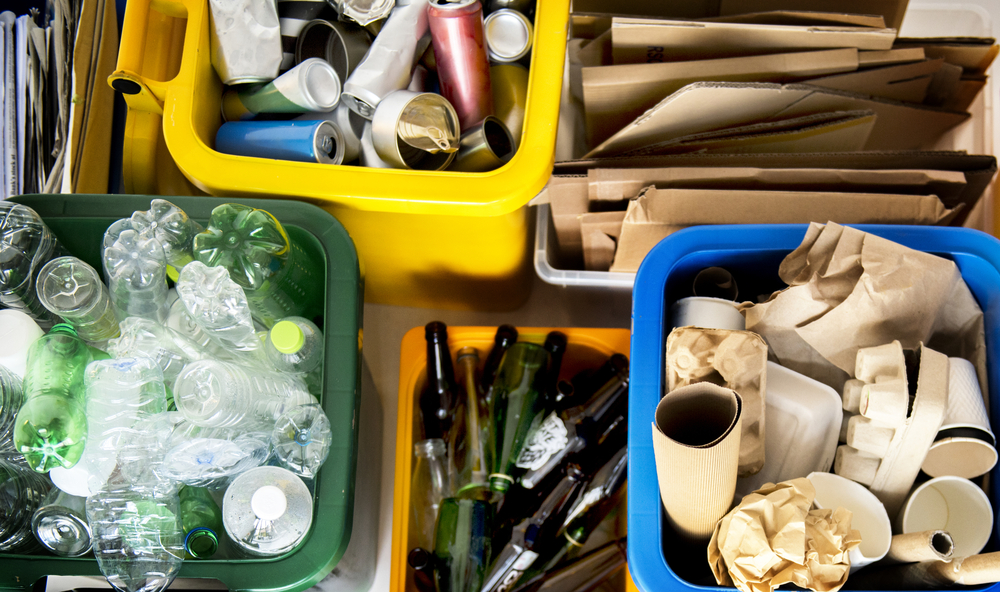
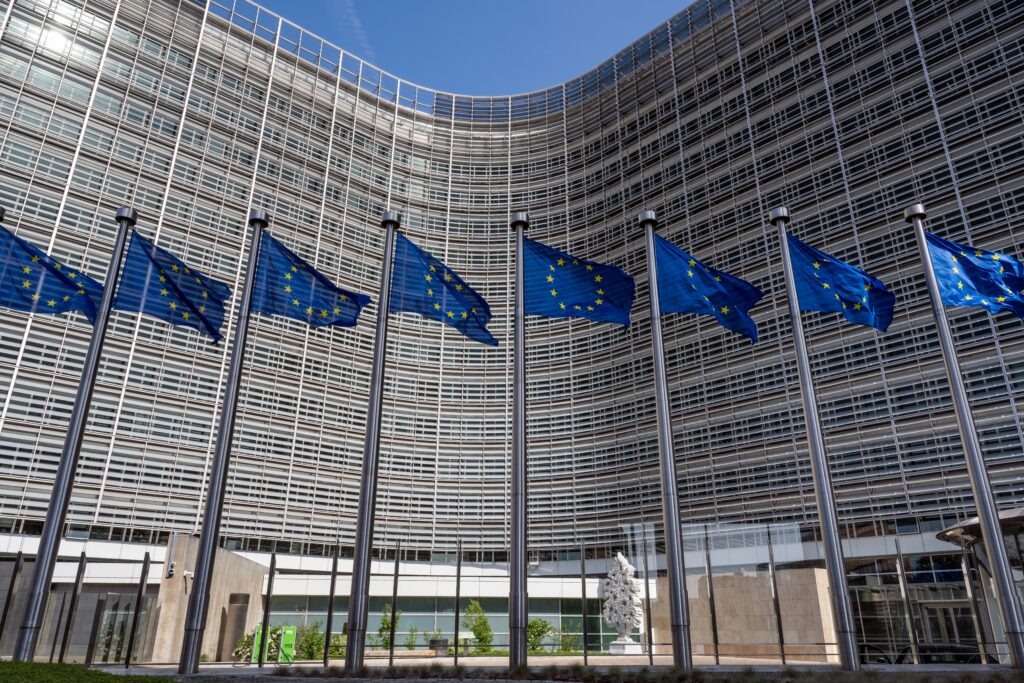
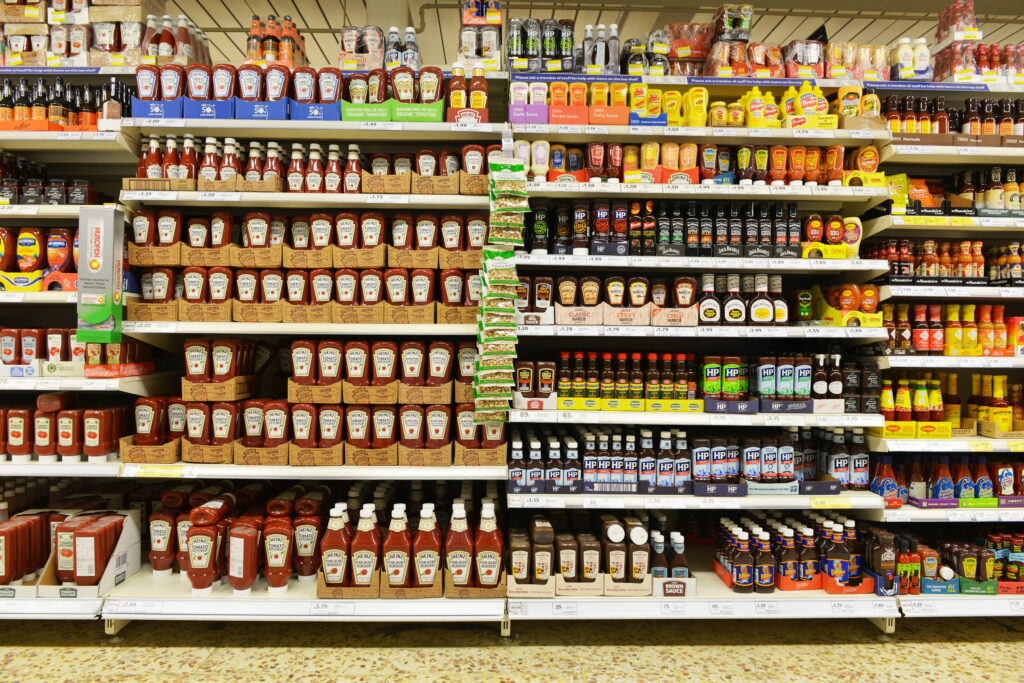


Subscribe for free